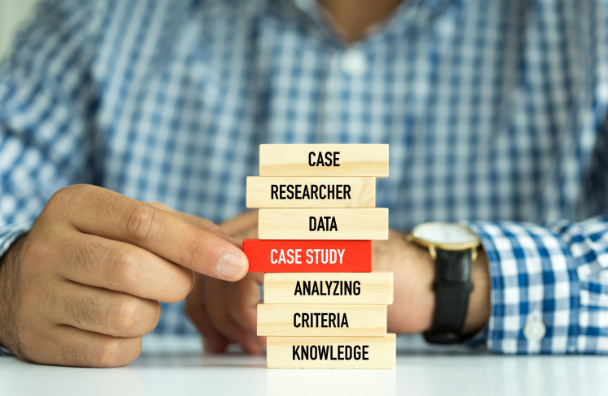
Interviewing colleagues and peers: reflections on being an “insider researcher”
Why am I an insider?
Insider research relates to research that is conducted within an organisation, social group or culture of which the researcher is also a member. Being an insider means “being embedded in a shared setting, emotionally connected to the research participants, and with a ‘feel for the game and the hidden rules’”.
For my first PhD study, which explores how therapeutic alliances relate to self-management in community stroke settings, I recruited healthcare professional participants from four community NHS teams. My insider status arises from working as a Physiotherapist in one of those teams, meaning I had pre-existing collegial relationships and friendships with some, but not all, of the participants involved in the research.
The layers of being an insider researcher
The terms insider-outsider are not especially useful as researchers are never truly inside or outside. My experience of the insider-outsider stance has been confusing and messy, as belonging to a group in one sense does not always equate to insider status if other qualities mean you are also an outsider in the group. For example, identifying as an Allied Health Professional (AHP) and interviewing other AHP’s does not necessarily make me an insider if I work in a different team to the participant, or if I’m perceived differently for returning to University.
Insider research exists on a continuum from ‘outsider’ to ‘intimate insider’. The latter being where pre-existing friendships change to become informant relationships, or friend-informants. My insider-outsider stance fluctuated from one end of the continuum to the other. Being an ‘outsider’, I interviewed AHP’s from other clinical teams and had to navigate how much of my own experience to share for them to trust me enough to discuss difficult topics. Being an ‘intimate insider’, I interviewed friends and colleagues from my own team and had to be mindful of how our existing relationship influenced the data.
What have I learned so far?
1. Reflexivity and supervision
My reflexive journal started as a way of documenting my experience interviewing peers and recording interesting participant observations. However, it evolved to become a way of managing the fluidity of my insider-outsider position and reflect on personal biases that lead to judgement. External perspectives from my supervisors helped challenge my existing views, beliefs and assumptions that would have been unrecognisable to me otherwise.
2. Judgement
Some interviews made me feel uncomfortable and it was only during supervision that the issue of judgement was raised. There is very little literature around judgement in qualitative interviews, particularly judgement from the interviewer. A lack of awareness of what shapes and distorts our own internal perceptions leads us to view them as objective, often resulting in misunderstanding. In my case, my internal preference for ‘fluffy’ over assertive or direct communication, and my inability to recognise that stance as a personal bias, caused judgement and made me feel uncomfortable in earlier interviews.
3. Clinician-researchers
A surprising benefit has been that examining my own judgements doing qualitative research has translated into my clinical work, particularly around how I communicate and attempt to understand other people’s perspectives. The insider-outsider discussion as an aspiring clinician-researcher is probably going to be unavoidable in future research too.
About the Author:
Lauren Lucas is a qualified Physiotherapist who is currently conducting a PhD relating to therapeutic relationships between clinicians and stroke survivors can support self-management in the community. Her PhD is funded by The Stroke Association.






0 Comments